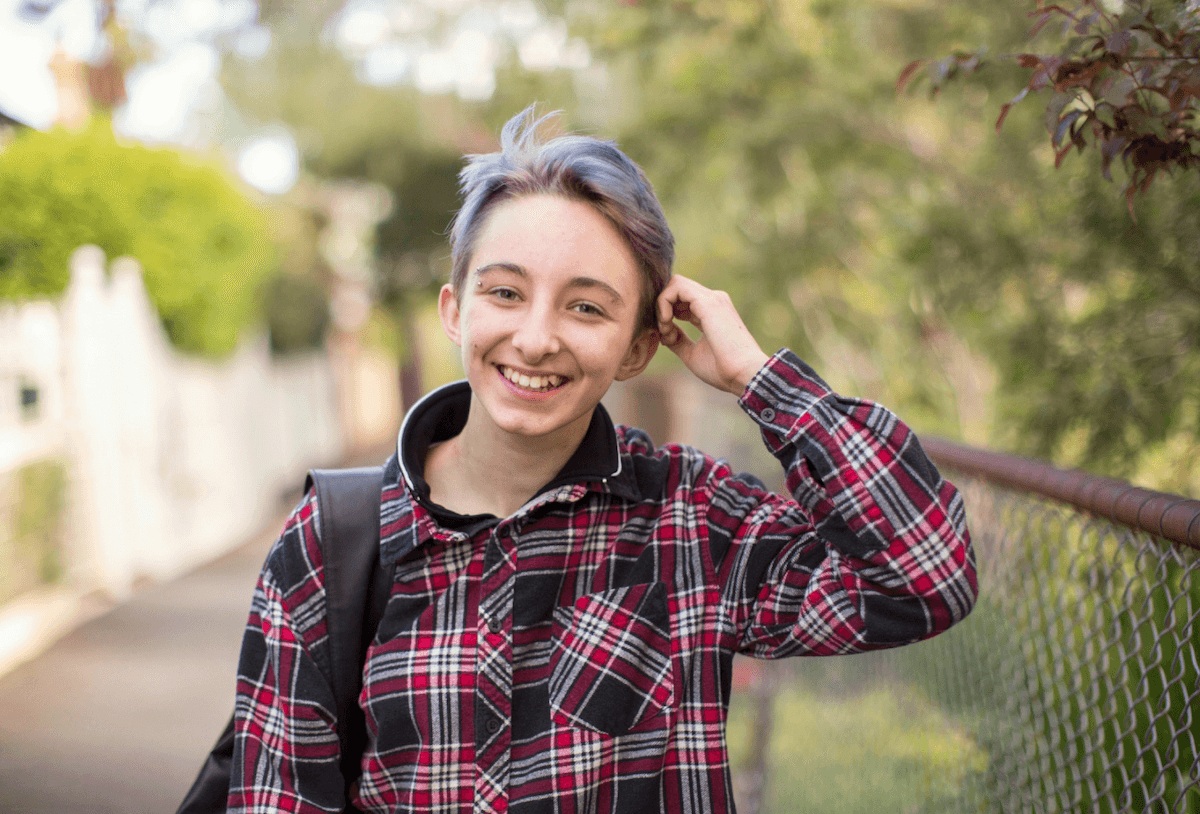
I'm Intersex: here's what that means
I’m Alex, and I'm an intersex young person.
I started puberty a bit late, so I went to a doctor and he ran some tests. He told me that I had high levels of testosterone, and introduced me to the term intersex.
I was really lucky that my first interaction with the medical system and intersex traits was a really positive one, with a well-educated doctor. He was honest with me and used the correct terminology, and that gave me the option of embracing my identity and connecting with other intersex people, which made a huge difference.
Unfortunately, a lot of intersex people don't always have that experience, and may not even know that they're intersex. Sometimes that's because doctors will hide it from us or treat it as something shameful, or because it's hard to access accurate information about intersex traits.
What does intersex mean?
Sex is based on a combination of hormones, genitals, chromosomes, and other physical characteristics.
People usually think of sex as two distinct categories. Everyone who has XX chromosomes, higher levels of estrogen, a vulva, a uterus, and breasts in one category – and everyone with XY chromosomes, higher levels of testosterone, a penis, testicles, and no breasts in the other. But that isn’t really accurate.
You might have heard some people associate physical attributes with gender, and use words like "male" and "female" to describe bodies, but gender is actually a largely separate thing. Women, men, and non-binary people can all have a range of physical traits, including varying hormone levels, different genitalia, genetic differences, and heaps of other combinations. No physical trait is inherently male or female at all.
There’s a lot of variety in the physical traits people can have, and unsurprisingly, the two categories we’ve constructed doesn't describe everyone.
What does that mean for sex and gender?
Being intersex means that I don’t fit into either of these two 'binary' sexes. There are many different ways to be intersex. Some intersex people’s chromosomes might be X, or XXY, or we might have varieties in our hormones like androgen insensitivity syndrome (when someone has XY chromosomes but is resistant to androgens), or lots of other possibilities.
Around 1.7% of the population is estimated to be intersex, which makes people with intersex variations about as common as redheads, who make up 1-2% of the population. If you've met someone who's a redhead, you've probably met someone who's intersex too.
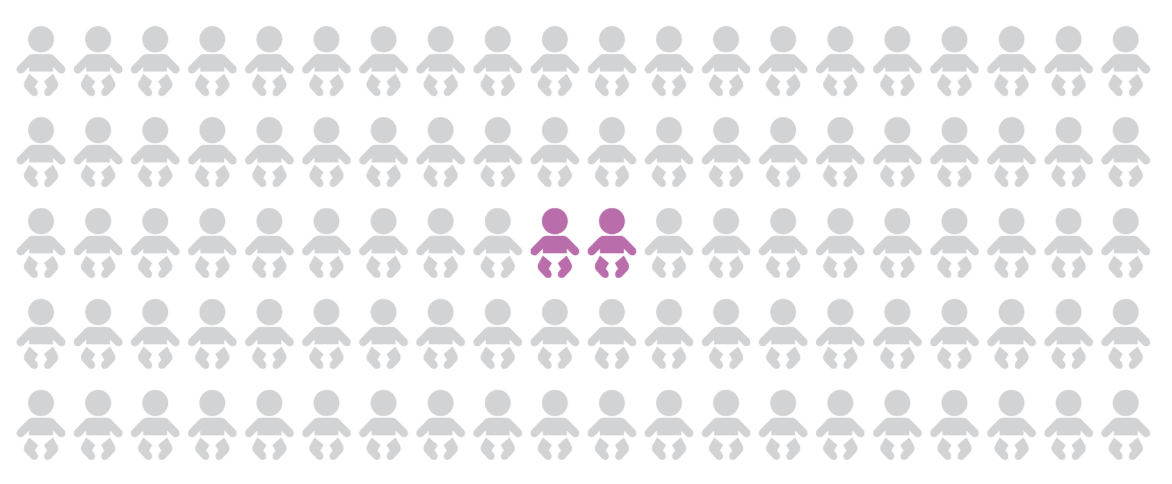
How I identify
Gender, sexuality, and intersex status are all totally different things, and they can combine in really different ways. I'm pansexual, which means that I'm potentially attracted to people of any gender, and I'm a trans man.
Other intersex people might identify their body and their gender as being intersex, or might identify with any gender, including female, non-binary, or male. Gender isn’t determined by your body or any physical attributes, so, just like non-intersex people, intersex people can be any gender!
Sexuality is also separate from our bodies and gender identity. Intersex people can also be any sexuality, including asexual, bisexual, gay, lesbian, straight, or anything else!
Common Misconceptions
There are a lot of misconceptions about what being intersex is really like. These are just a few of them.
Intersex is the same as transgender
Some intersex people are also transgender (like me!), but there are also cisgender intersex people. Intersex people can be any gender, be that non-binary, a man, a woman, agender, or anything else!
Intersex people have “mutilated genitals”
This one’s just flat out wrong, not to mention offensive. Describing our bodies as mutilated or wrong is insulting, and based on the absurd idea that 'different’ means ‘bad’.
Intersex people are all mentally ill
Some intersex people are mentally ill, but we aren’t mentally ill because we’re intersex. And there are also intersex people who aren’t mentally ill. Calling intersex traits mental illnesses is inaccurate, and that inaccuracy hurts both mentally ill people and intersex people, and especially impacts mentally ill intersex people.
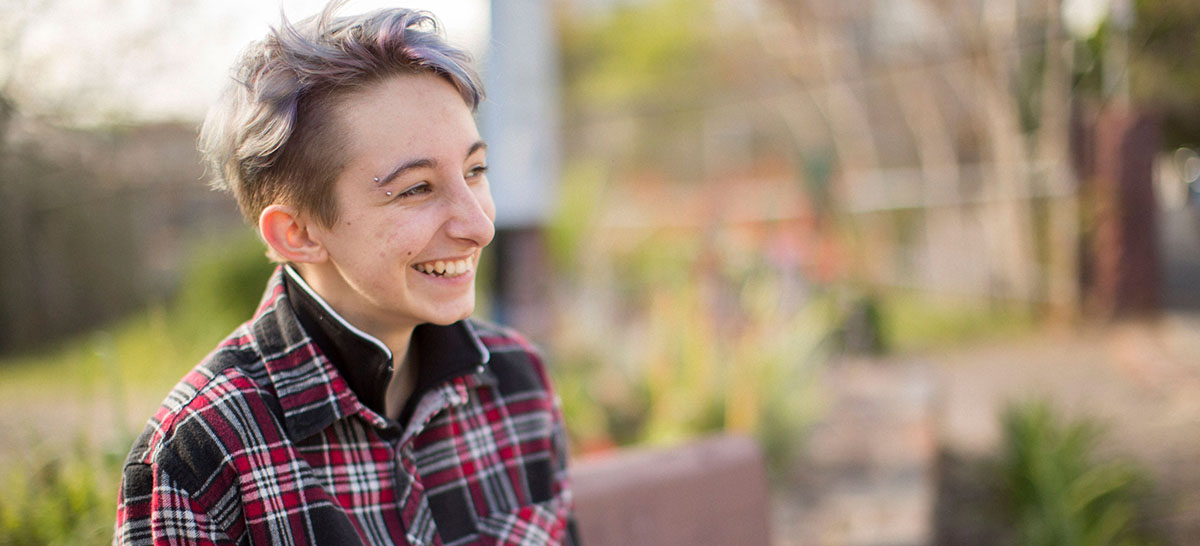
Supporting Intersex People
Don't use slurs
The term hermaphrodite is a slur. Unless you’re an intersex person talking about yourself, or an intersex person explicitly told you that’s how to refer to them, it’s not okay to use it.
Respect our privacy
When I’m comfortable with a person, I’ll tell them that I’m intersex if they ask me about it. I’ve told most of my family and close friends, but sharing this part of my identity can still be difficult. Some people still don’t understand what intersex means, or have really negative ideas about it.
Our bodies can also be quite personal things, so it’s important to respect our right to decide what we tell you. It’s okay to ask questions, but think about how appropriate what you’re asking is. If you wouldn’t ask a non-intersex people who you know, then you probably shouldn’t be asking me either.
Intersex inclusion in LGBTQIA+ groups
Intersex inclusion is really important, but it needs to be led by intersex people. I’ve seen some groups that will tack on an I in the acronym, but won’t even know what it stands for, and that’s really tokenistic and misleading.
If your organisation doesn’t have any intersex staff or volunteers, then elevate the voices of intersex people who are already sharing our stories and ideas. It’s also important to consult with intersex people if you’re working on relevant resources or trainings.
Related articles
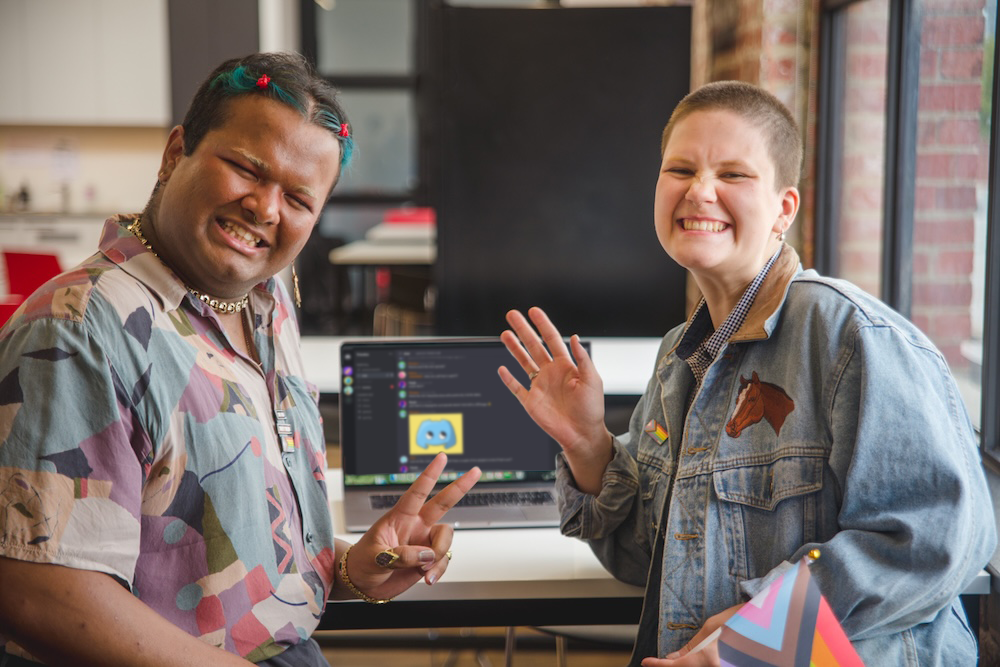
From December 10, big changes are coming for anyone in Australia under 16. Here's how we'll support you to remain connected with your community.
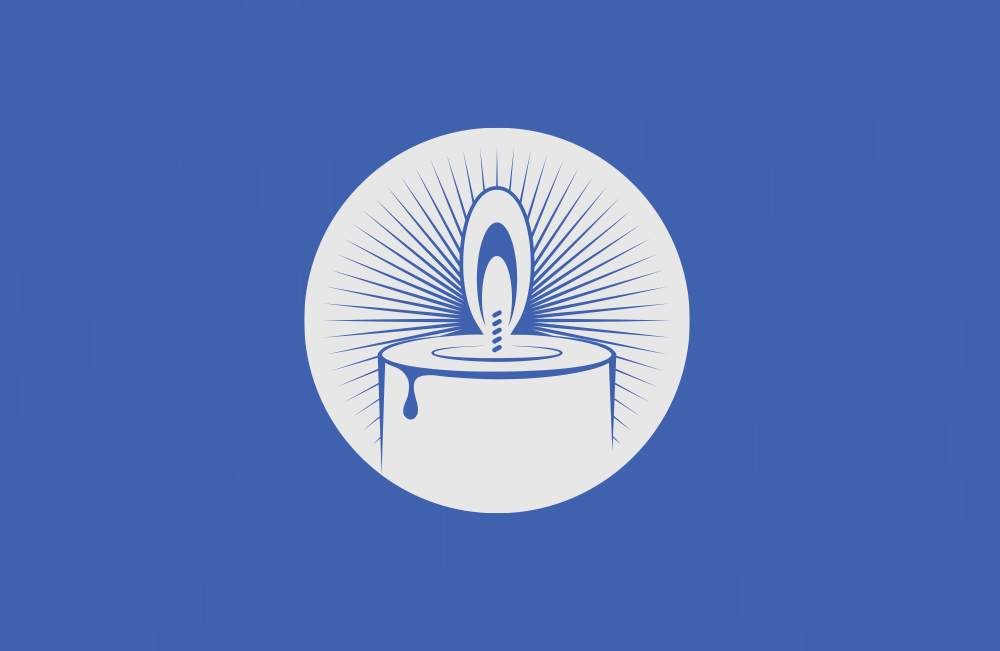
Trans Day of Remembrance is an important opportunity to honour those who have lost their lives to transphobic violence, and take a stand against transphobia.
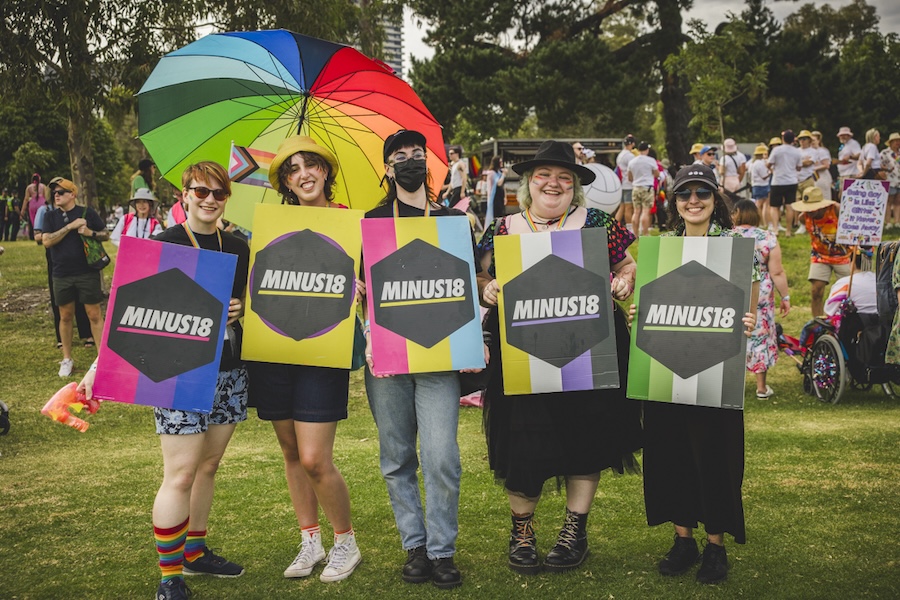
Labels can be comforting – a way to find people who understand you, and proof that you’re not alone. But it's also okay if you're still figuring it out.
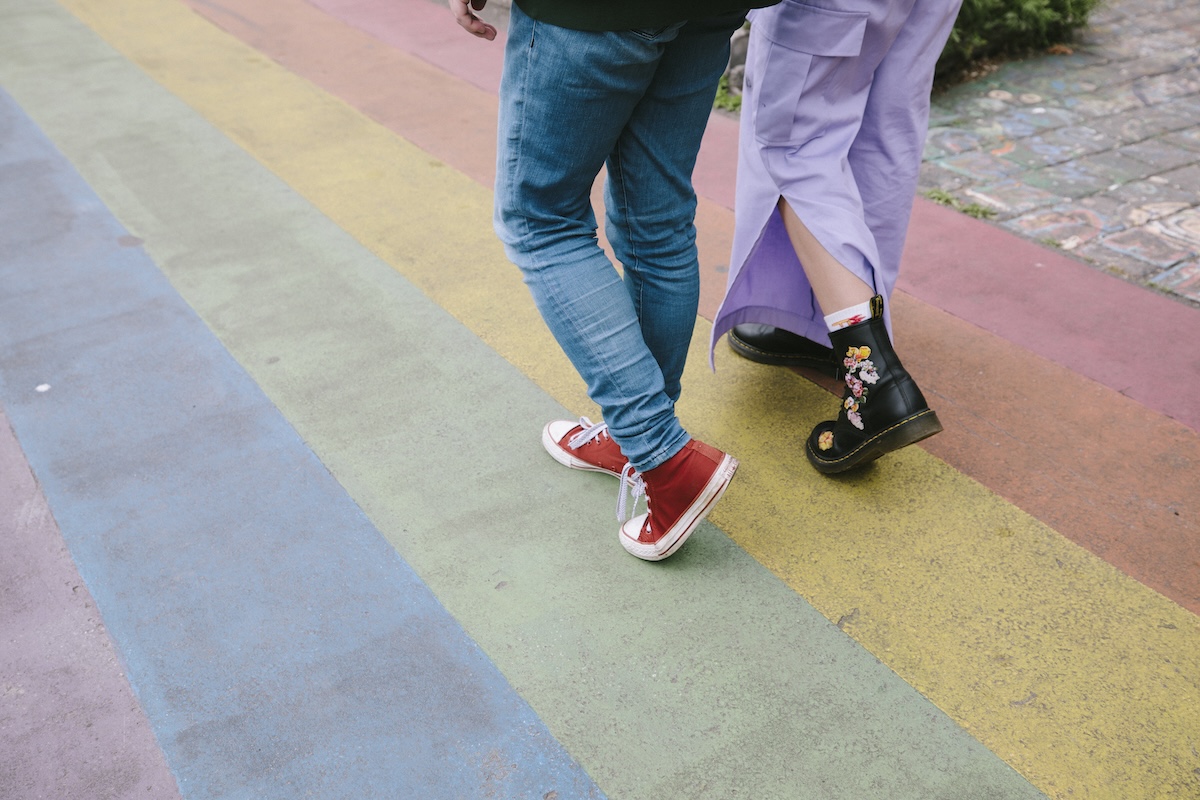
Uncertainty can be beautiful. Being “in-between” labels, between versions of ourselves, is part of life.